Russia accused of trying to hack US senator
News sparks fears that 'Fancy Bear' group may be attempting to hack US mid-terms


One of the three US senators being targeted by sophisticated spearphishing campaigns has been identified as Missouri Democrat Claire McCaskill, sparking fears that Russian actors may be attempting to help the GOP retain its Senate majority during the upcoming mid-term elections.
Microsoft revealed at a security conference last week that three senators had been hit with attempted spearphishing attacks similar to the one which John Podesta fell victim to in 2016, using a spoofed version of the US Senate's Microsoft Active Directory login page to lure the targets in.
The identity of one of these targets has been confirmed by a Daily Beast investigation as a policy aide to Senator McCaskill. Each spearphishing email includes a unique URL that allows the spoofed page to display the email address of the target, and a screencapture of the spoofed domain from forensic snapshot tool URLscan.io was found, revealing the target's identity.
While Microsoft has yet to confirm who launched the attack, it is widely suspected to be the work of the same Russian intelligence unit accused of perpetrating the DNC hack, codenamed 'Fancy Bear'.
Senator McCaskill released a statement pinning the attack on Russia, in-keeping with her historically hard-line stance on Russia's international conduct which has seen her previously dub Putin a "thug and a bully".
"Russia continues to engage in cyber warfare against our democracy. I will continue to speak out and press to hold them accountable," she said. "While this attack was not successful, it is outrageous that they think they can get away with this. I will not be intimidated. I've said it before and I will say it again, Putin is a thug and a bully."
McCaskill is facing re-election in the imminent mid-terms, and is somewhat embattled; Trump won her home state by a 20-point margin in 2016, and more than $15 million has been spent so far opposing her election. The cyber security of the upcoming elections has been identified as a priority by Congress, who have allocated $350 million to ensure their safety.
Get the ITPro daily newsletter
Sign up today and you will receive a free copy of our Future Focus 2025 report - the leading guidance on AI, cybersecurity and other IT challenges as per 700+ senior executives
20/07/2018: Hackers target US mid-term elections
Security experts have detected hacking attempts on the US mid-term elections for first time, after Microsoft announced that it identified and blocked attempted attacks on three congressional candidates so far this year.
Tom Burt, Microsoft's vice president of security and trust, revealed the news at the Aspen Security Summit, Politico reports. The company has not disclosed whether or not the Russian government is suspected of being behind the attacks, and did not specify who the targets were.
Burt did note, however, that they were all candidates for this year's mid-term elections, and were "people who, because of their positions, might have been interesting targets from an espionage standpoint as well as an election disruption standpoint".
The attackers set up a bogus page purporting to be a Microsoft domain, for the purposes of mounting spearphishing attacks to steal targets' credentials. This is a common tactic, and one that allegedly enabled Russian state hackers to access John Podesta's emails in 2016 - which, according to the US Department of Justice, then enabled them to hack the DNC and potentially sway the election.
However, Burt noted that the level of cyber activity observed around the mid-term elections is noticeably less than what was seen during the 2016 presidential elections, indicating that the threat of interference may not be as great.
"On the other hand, cyber security experts Carbon Black warned that cyber warfare is still a very real issue. "Geopolitical tensions manifest in cyberspace," the company's chief cyber security officer Tom Kellermann said. "There is a direct link between the failures of diplomacy and cyberespionage and cyberterrorism. The cold war adversaries have colonised wide swaths of Western cyberspace."
Adam Shepherd has been a technology journalist since 2015, covering everything from cloud storage and security, to smartphones and servers. Over the course of his career, he’s seen the spread of 5G, the growing ubiquity of wireless devices, and the start of the connected revolution. He’s also been to more trade shows and technology conferences than he cares to count.
Adam is an avid follower of the latest hardware innovations, and he is never happier than when tinkering with complex network configurations, or exploring a new Linux distro. He was also previously a co-host on the ITPro Podcast, where he was often found ranting about his love of strange gadgets, his disdain for Windows Mobile, and everything in between.
You can find Adam tweeting about enterprise technology (or more often bad jokes) @AdamShepherUK.
-
 How the UK MoJ achieved secure networks for prisons and offices with Palo Alto Networks
How the UK MoJ achieved secure networks for prisons and offices with Palo Alto NetworksCase study Adopting zero trust is a necessity when your own users are trying to launch cyber attacks
By Rory Bathgate
-
 Putting small language models under the microscope
Putting small language models under the microscopeITPro Podcast The benefits of small language models are undeniable – but they're no silver bullet
By Rory Bathgate
-
 IDC warns US tariffs will impact tech sector spending
IDC warns US tariffs will impact tech sector spendingNews IDC has warned that the US government's sweeping tariffs could cut global IT spending in half over the next six months.
By Bobby Hellard
-
 US government urged to overhaul outdated technology
US government urged to overhaul outdated technologyNews A review from the US Government Accountability Office (GAO) has found legacy technology and outdated IT systems are negatively impacting efficiency.
By George Fitzmaurice
-
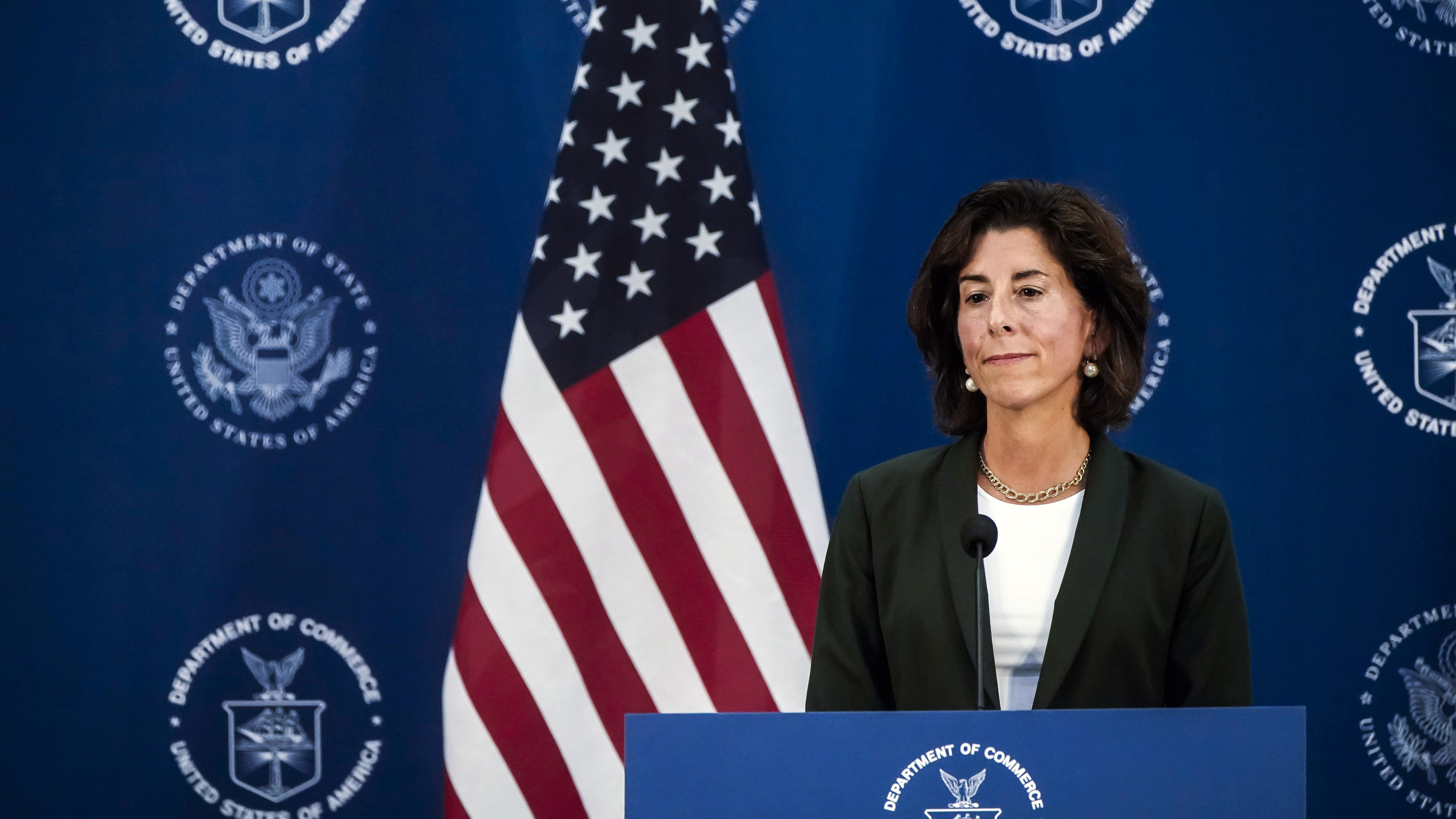 US proposes new ‘know-your-customer’ restrictions on cloud providers
US proposes new ‘know-your-customer’ restrictions on cloud providersNews The US aims to stifle Chinese AI competition with new restrictions on cloud providers to verify foreign data center users
By Solomon Klappholz
-
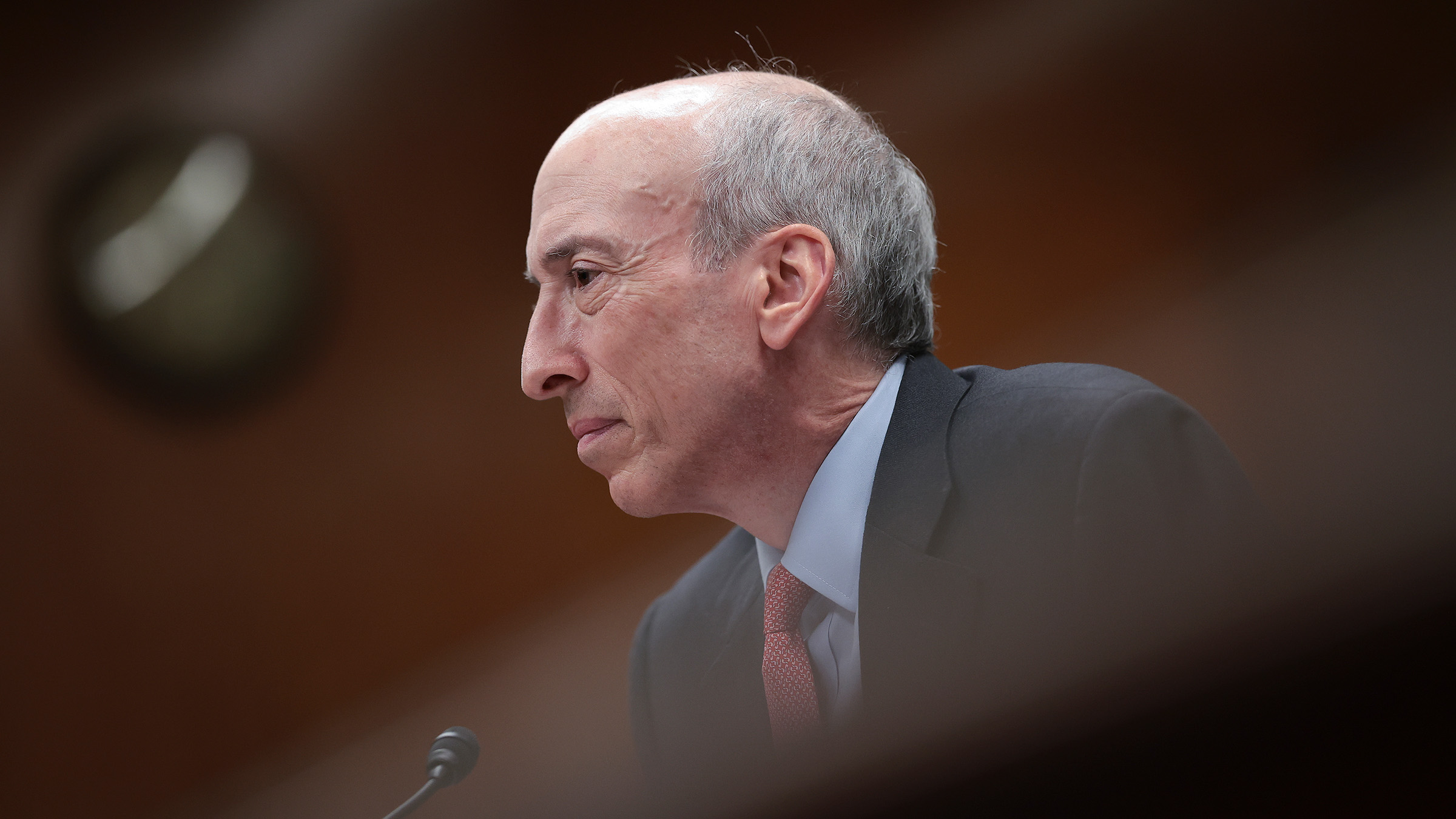 SEC passes rules compelling US public companies to report data breaches within four days
SEC passes rules compelling US public companies to report data breaches within four daysNews Foreign entities trading publicly in the US will also be held to comparative standards
By Rory Bathgate
-
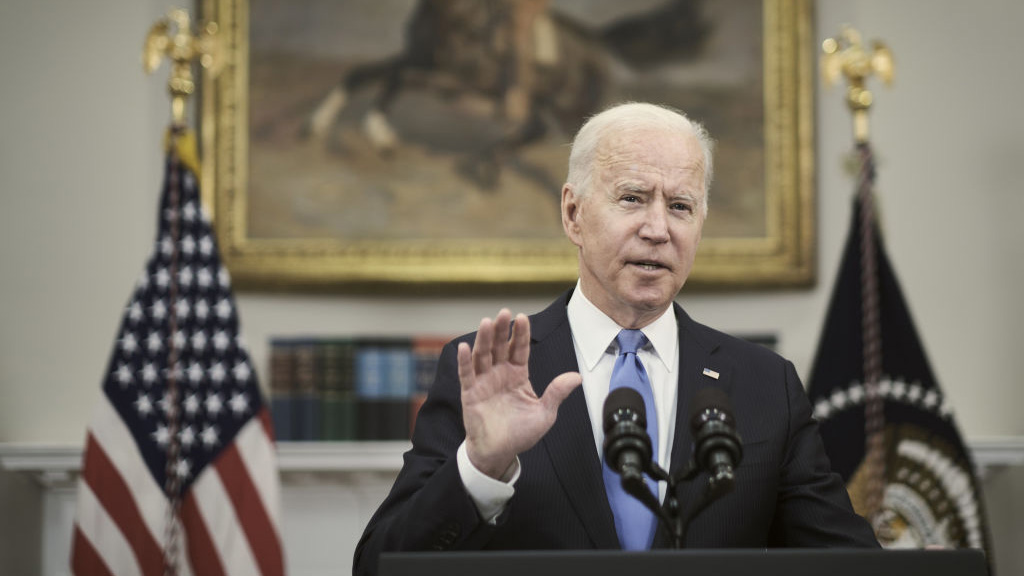 US says National Cybersecurity Strategy will focus on market resilience and private partnerships
US says National Cybersecurity Strategy will focus on market resilience and private partnershipsNews The recently announced implementation plans alow for more aggressive action against ransomware gangs
By Rory Bathgate
-
 US ‘Tech Hubs’ drive aims to boost innovation in American heartlands
US ‘Tech Hubs’ drive aims to boost innovation in American heartlandsNews The development of the hubs will could help drive regional innovation and support for tech companies
By Ross Kelly
-
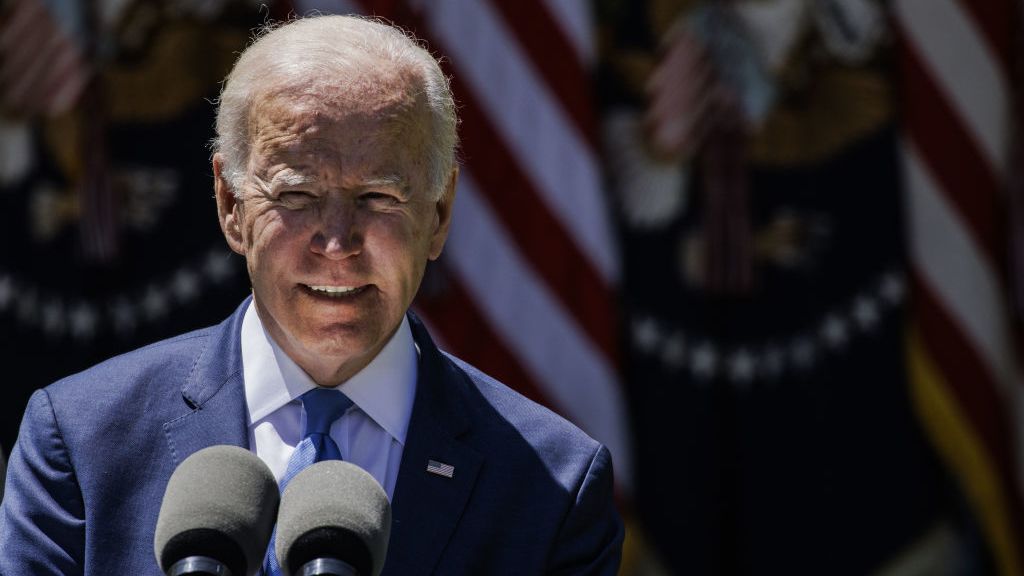 Biden sets June deadline for $42 billion broadband funding outline
Biden sets June deadline for $42 billion broadband funding outlineNews The announced deadline come prior to a much-awaited update to the FCC's US broadband map, giving a clearer image of the internet challenges facing the nation
By Rory Bathgate
-
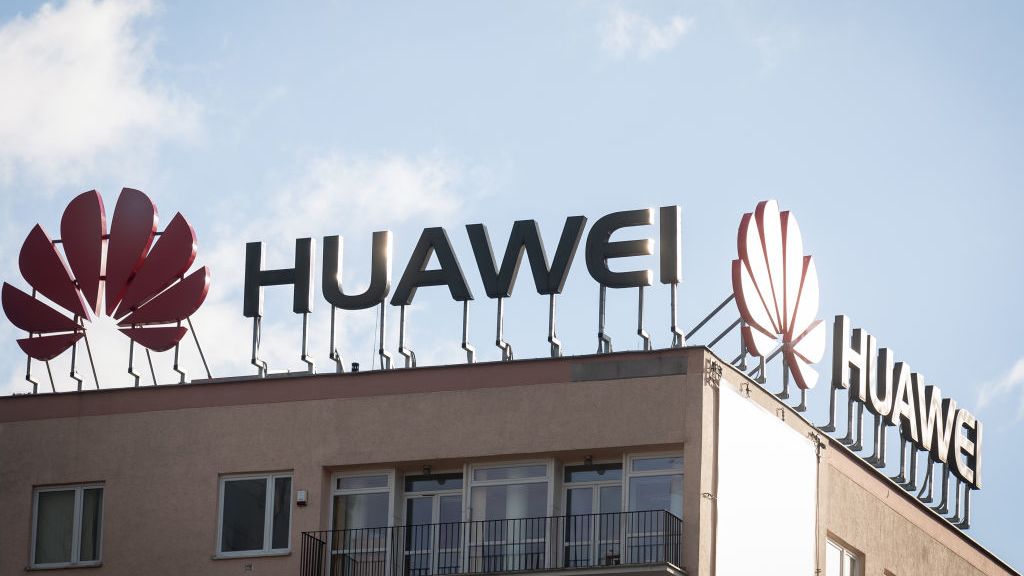 FCC eyes formal ban of all Huawei, ZTE equipment sales
FCC eyes formal ban of all Huawei, ZTE equipment salesNews Approaching the deadline to pass such a ruling, companies such as Kaspersky face similar restrictions
By Rory Bathgate